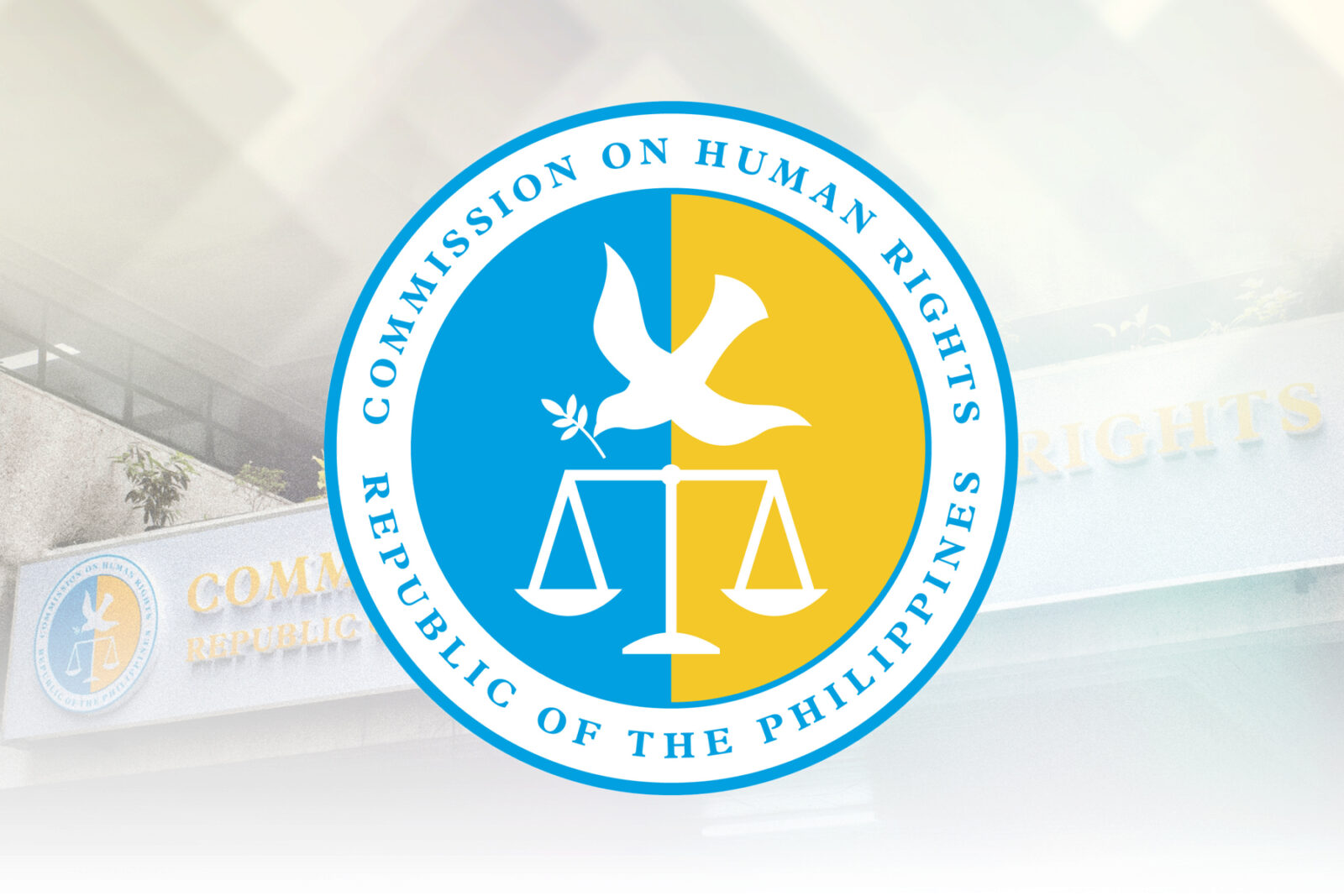Many solo parents unaware of rights, benefits under law

Despite their expanded benefits under the law, solo parents continue to face challenges mainly because of their lack of information and understanding about their rights, the Commission on Human Rights (CHR) said in a new report.
“Limited information and understanding of their rights as solo parents are barriers to their empowerment,” the CHR said in the report released on July 15.
“Many solo parents … do not assert their rights because they are not versed in them, or [are] unsure whether the services due to them are really mandatory,” the report said, that was based on interviews with 26 key government informants and 57 solo parents and conducted nationwide from April to May 2023.
The survey aimed to evaluate the impact and effectiveness of Republic Act No. 11861, or the Expanded Solo Parents Welfare Act, which was itself an expansion of RA 8972, or the Solo Parents’ Welfare Act of 2000.
While RA 11861 did not specify an allocation for information dissemination and other aspects of implementation, it requires local government units to allocate funds for implementation.
According to 2021 data from the Department of Social Welfare and Development, over 538,686 households in the country have at least one solo parent, with nearly two-thirds or 346,494, headed by solo parents themselves.
Some 79 percent of documented solo parent households, or those who have complied with registration requirements, are led by women.
The main complaint of unreached beneficiaries is registration red tape for the issuance of a Solo Parent ID, with some saying the required documents could cost up to P700, in addition to transportation costs.
To address these issues, the CHR recommended simplifying the ID application process and strengthening monitoring mechanisms for workplace compliance. It also suggested a nationwide information campaign to raise awareness of their rights.
Aside from registration red tape, solo parents, particularly women, shared experiences of being judged by their communities, discriminated against at work and excluded from economic opportunities. The report also noted psychological and economic abuse from former partners.
These challenges are compounded by economic hardship, with many solo parents living below the national poverty threshold. The report also raised concerns about the effects on children, including issues in academic performance, behavior and exposure to stigma.
“Both the solo parent and the children can experience community judgment, discrimination, hurtful teasing and bullying because of their family situation. Solo parents also experience overt or subtle pressure from the family and friends to remarry ‘for the sake of the children,’ financial stability and emotional support,” the report said.

















